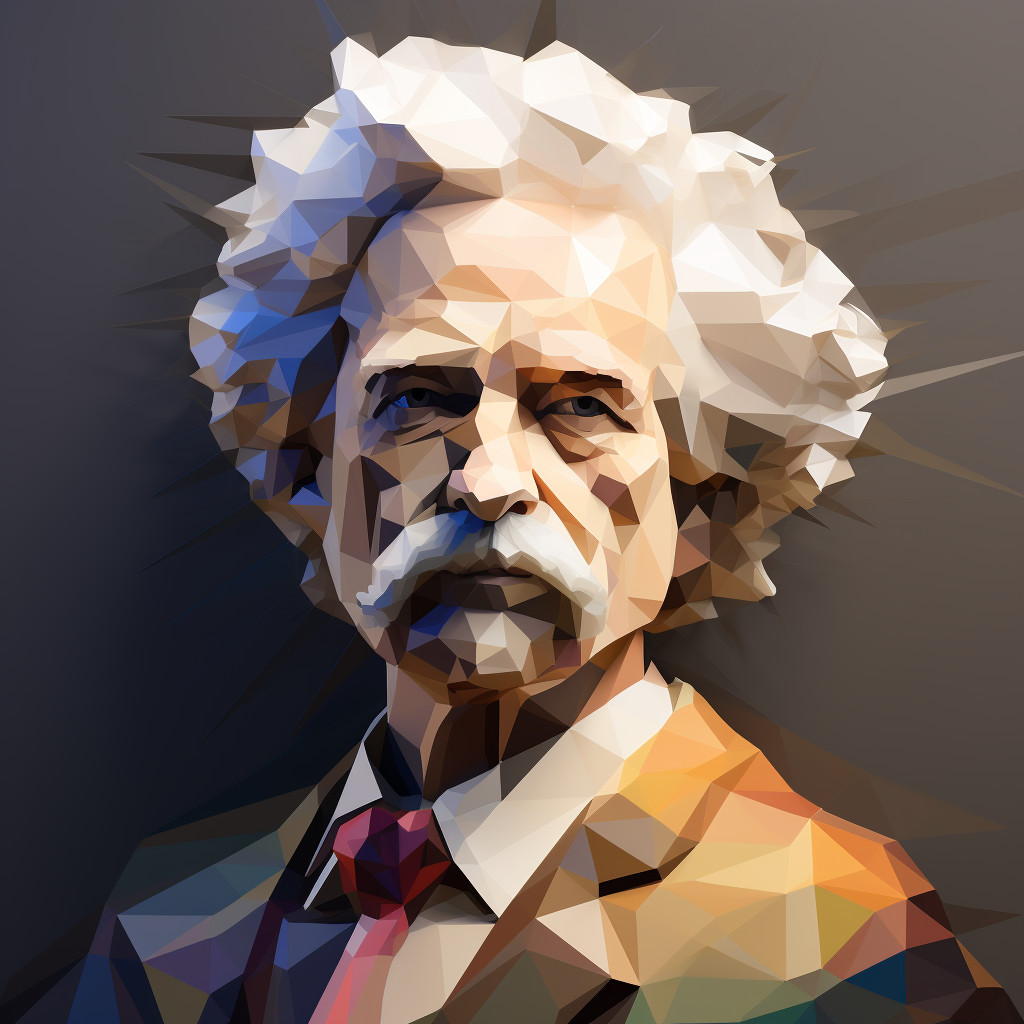'Nervous' Quotes
Nervous quotes have been a source of inspiration and motivation for individuals and society for centuries. These quotes highlight the importance of facing our fears and overcoming our anxieties. They remind us that being nervous is a natural part of life and that it is through our nervousness that w…Read More
Nervous quotes have been a source of inspiration and motivation for individuals and society for centuries. These quotes highlight the importance of facing our fears and overcoming our anxieties. They remind us that being nervous is a natural part of life and that it is through our nervousness that we can grow and achieve great things. From historical figures like Eleanor Roosevelt and Mahatma Gandhi to modern-day icons like Oprah Winfrey and Brené Brown, nervous quotes have influenced and inspired people to push past their comfort zones and embrace their fears. They continue to resonate because they speak to the universal human experience of facing challenges and overcoming them.Read Less
Nervous quotes have been a source of inspiration and motivation for individuals and society for centuries. These quotes highlight the importance of facing our fears and overcoming our anxieties. They remind us that being nervous is a natural part of life and that it is through our nervousness that we can grow and achieve great things. From historical figures like Eleanor Roosevelt and Mahatma Gandhi to modern-day icons like Oprah Winfrey and Brené Brown, nervous quotes have influenced and inspired people to push past their comfort zones and embrace their fears. They continue to resonate because they speak to the universal human experience of facing challenges and overcoming them.
56 Exceptional 'Nervous' Quotations and Sayings
Nervous – Symbolic Value
The word “nervous” is often used to describe a feeling of unease or anxiety. It is a state of mind that can be triggered by various factors, such as stress, fear, or uncertainty. In many cultures, the word “nervous” holds a symbolic value, representing a state of vulnerability and fragility.In ancient Greek mythology, the goddess of the soul, Psyche, was often depicted as a butterfly with delicate wings. This representation symbolizes the fragility of the human mind and how easily it can be affected by external factors. Similarly, in Chinese culture, the word “nervous” is associated with the concept of “Qi,” which refers to the vital energy that flows through the body. When this energy is disrupted, it can lead to a state of nervousness and imbalance.
Nervous – Cultural and Historical Significance
The concept of “nervous” has been deeply ingrained in various cultures throughout history. In ancient times, it was believed that the human body was governed by four humors – blood, phlegm, yellow bile, and black bile. According to this theory, an imbalance in these humors could lead to a state of nervousness. This belief was prevalent in ancient Greek, Roman, and Indian cultures.
In the 19th century, the term “neurasthenia” was coined to describe a condition characterized by nervousness, fatigue, and irritability. This term gained popularity in Western cultures and was often associated with the fast-paced and stressful lifestyle of the modern world. It was believed that the demands of modern society were causing people to become “nervous wrecks.”
Nervous – Common Themes in Motivational Contexts
In motivational contexts, the word “nervous” is often used to describe a feeling of fear or apprehension before a significant event or challenge. This feeling is commonly associated with the fear of failure or the fear of the unknown. However, many motivational speakers and coaches encourage individuals to embrace their nervousness and use it as a source of motivation and drive.The idea of “nervous excitement” is also prevalent in motivational contexts. It refers to the feeling of anticipation and adrenaline rush that comes with taking risks and stepping out of one’s comfort zone. This type of nervousness is seen as a positive force that can push individuals to achieve their goals and reach their full potential.
Nervous – Portrayal in Art and Media
The concept of “nervousness” has been a popular theme in art and media. In literature, it is often used to depict characters who are struggling with their emotions and inner turmoil. In films and television shows, nervousness is often portrayed through physical symptoms such as sweating, shaking, or stuttering.In the world of music, the word “nervous” has been used in various song titles and lyrics to convey a sense of vulnerability and emotional turmoil. Artists such as Ed Sheeran, Imagine Dragons, and Billie Eilish have all released songs with “nervous” in the title, exploring the theme of anxiety and nervousness in their music.
Nervous – Impact on Understanding of Life and Society
The concept of “nervousness” has a significant impact on our understanding of life and society. It highlights the fragility of the human mind and how easily it can be affected by external factors. It also sheds light on the importance of mental health and the need to address and manage feelings of nervousness and anxiety.In today’s fast-paced and highly competitive world, the word “nervous” has taken on a new meaning. It is no longer just a feeling of unease or anxiety, but it has become a symbol of the pressures and demands of modern society. It serves as a reminder to take care of our mental well-being and to find healthy ways to cope with the stresses of life.In conclusion, the word “nervous” holds a significant symbolic value and has played a crucial role in shaping our understanding of life and society. It has been portrayed in various forms of art and media, and its impact on our daily lives cannot be ignored. Whether it is seen as a negative or positive force, nervousness is a universal human experience that reminds us of our vulnerability and the need to take care of our mental health.













